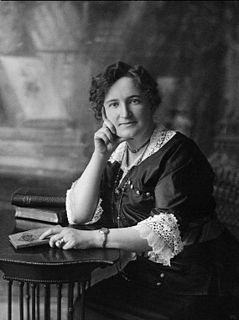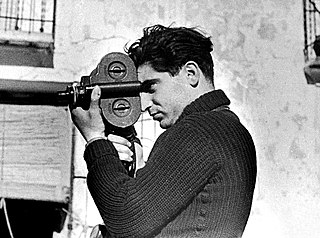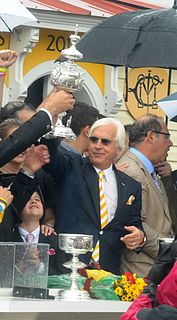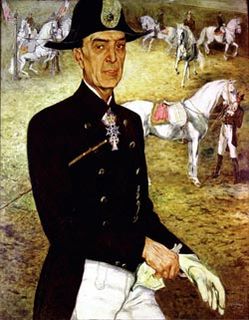A Quote by Nellie L. McClung
The horse on the treadmill may be very discontented, but he is not disposed to tell his troubles, for he cannot stop to talk.
Related Quotes
There are two kinds of discontented in this world, the discontented that works and the discontented that wrings its hands. The first gets what it wants and the second loses what it has. There is no cure for the first but success and there is no cure at all for the second. The very worst of my vices and bad habits will abate of themselves if they are brought to an accounting every day.
Well could he ride, and often men would say, "That horse his mettle from his rider takes: Proud of subjection, noble by the sway, What rounds, what bounds, what course, what stop he makes!" And controversy hence a question takes, Whether the horse by him became his deed, Or he his manage by the well-doing steed.
somehow we have overlooked the fact this treasured called the heart can also be broken, has been broken, and now lies in pieces down under the surface. When it comes to habits we cannot quit or patterns we cannot stop, anger that flies out of nowhere, fears we cannot overcome, or weaknesses we hate to admit--much of what troubles us comes out of the broken places in our hearts crying out for relief. Jesus speaks as if we are all brokenhearted. We would do well to trust His perspective on this.
This one isn’t just any old horse. There’s a nobility in his eye, a regal serenity about him. Does he not personify all that men try to be and never can be? I tell you, my friend, there’s divinity in a horse, and specially in a horse like this. God got it right the day he created them. And to find a horse like this in the middle of this filthy abomination of a war, is for me like finding a butterfly on a dung heap. We don’t belong in the same universe as a creature like this.
If idioms are more to be born than to be selected, then the things of life and human nature that a man has grown up with--(not that one man's experience is better than another's, but that it is 'his.')--may give him something better in his substance and manner than an over-long period of superimposed idiomatic education which quite likely doesn't fit his constitution. My father used to say, 'If a poet knows more about a horse than he does about heaven, he might better stick to the horse, and some day the horse may carry him into heaven'
Just as experience dictates to the ballet teacher the length of time necessary to train his students, so the horse, too, needs time to mature into a great four legged dancer. This fact cannot be obliterated by seeming successes that supposedly prove the opposite. For, even if someone should succeed in training a horse to high school level by the age of eight, this individual occurrence cannot shake the foundations of the classical art of riding, if this dressage horse is completely unsound and unusable by the age of ten.
There is a story in Zen circles about a man and a horse. The horse is galloping quickly, and it appears that the man on the horse is going somewhere important. Another man standing alongside the road, shouts, «Where are you going?» and the first man replies, «I don't know! Ask the horse!» This is also our story. We are riding a horse, and we don't know where we are going and we can't stop. The horse is our habit energy pulling us along, and we are powerless.


































